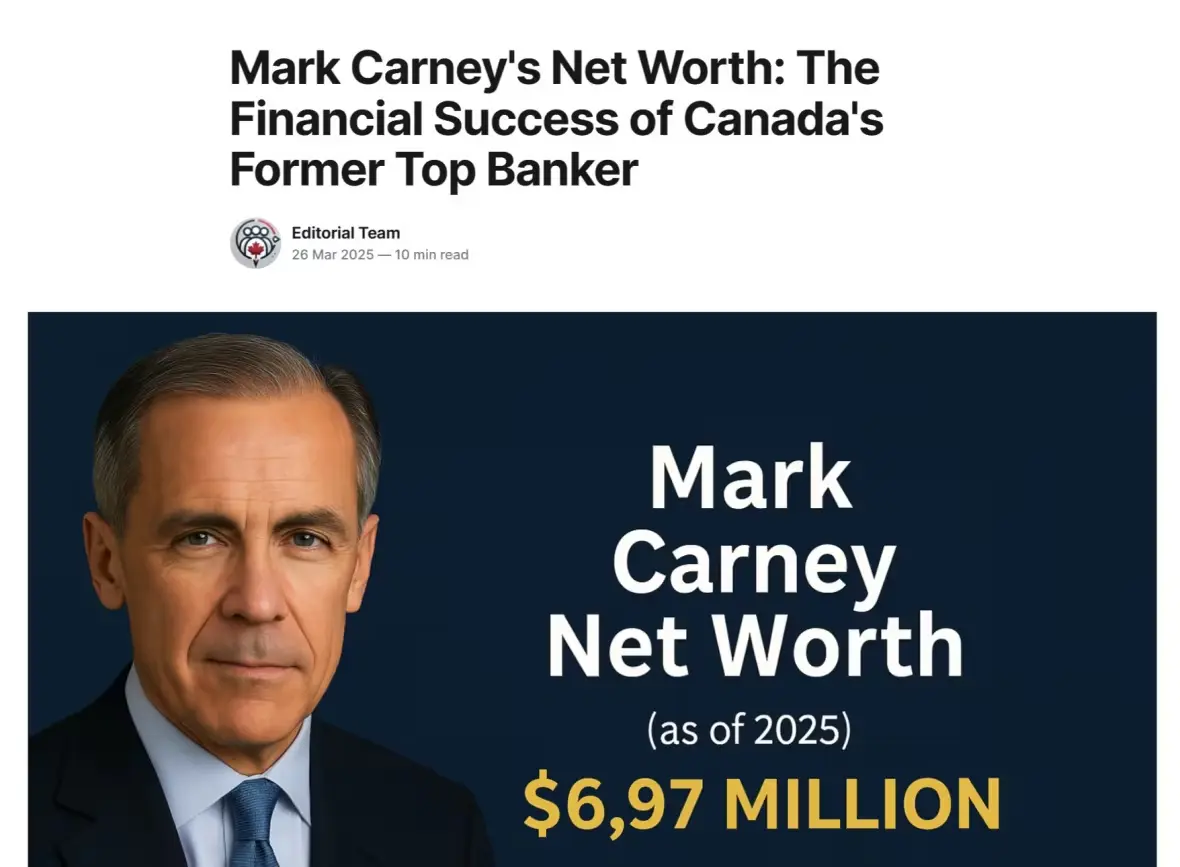Latest News
- Uber driver's account in Toronto suddenly deactivated; only source of income cut off after 'duplicate account' claim
- TDSB education chief fired by provincial supervisor; sweeping changes at Canada's largest education board
- 34 members of the "44" gang arrested in massive Durham police operation; millions of dollars in drugs and weapons seized
- Waterloo artist turns Ontario winter into art with backyard snow sculptures
- Third suspect arrested in connection with four murders in Carry the Kettle Nakoda community
Latest Ads
-
Jasmine Jewel
Call
-
Omidan group
Call
-
Amir Madanpour
Call
-
Dimo studio
Call
-
Yorkacademy
Call
-
Maryambagheri
Call
-
Shishlix Restaurant
Call

Canadian elections and the danger of artificial intelligence: Where did the rumors of political leaders' wealth come from?
This article examines the spread of false information about the personal wealth of Pierre Poilievre, the leader of the Canadian Conservative Party, during the federal election. According to a report by CBS News:
$25 million wealth claim: Some users on social media claim that Poilievre has amassed a fortune of $25 million through his parliamentary salary. This is despite the fact that the financial information of Canadian politicians is not publicly disclosed and this figure has no reliable source.
Origin of the rumors: A website called “Pierre Poilievre News”, created in January 2025, is the main source of these claims. Analysis of the content of this site indicates that the content is likely generated by artificial intelligence (with a 99% probability detected by the GPT Zero tool). The website also reported the wealth of Mark Carney, the leader of the Liberals, at $6.97 million.
The role of AI chatbots:
MetaAI and ChatGypity reported these numbers without any serious warning about the source’s reliability.
Grok (Elon Musk’s X-bot) continued to cite the site, calling the statistics “estimated.”
Only Cloud (Entropic) made it clear that the information was not verified and that Canadian politicians are not required to fully disclose their assets.
Polihur campaign response: Polihur’s campaign called the site “fake” and said it would take action against the hosting platforms if it identified such content.
Election concerns: The case highlights the risk of AI being used to spread misleading information in elections, especially when users ask questions directly to chatbots rather than search engines.
The article concludes by warning that given the lack of transparency in the finances of Canadian politicians, citizens should turn to reliable sources and not trust data generated by AI without critical review.
Suggested Content
Latest Blog
Login first to rate.
Express your opinion
Login first to submit a comment.
No comments yet.


































